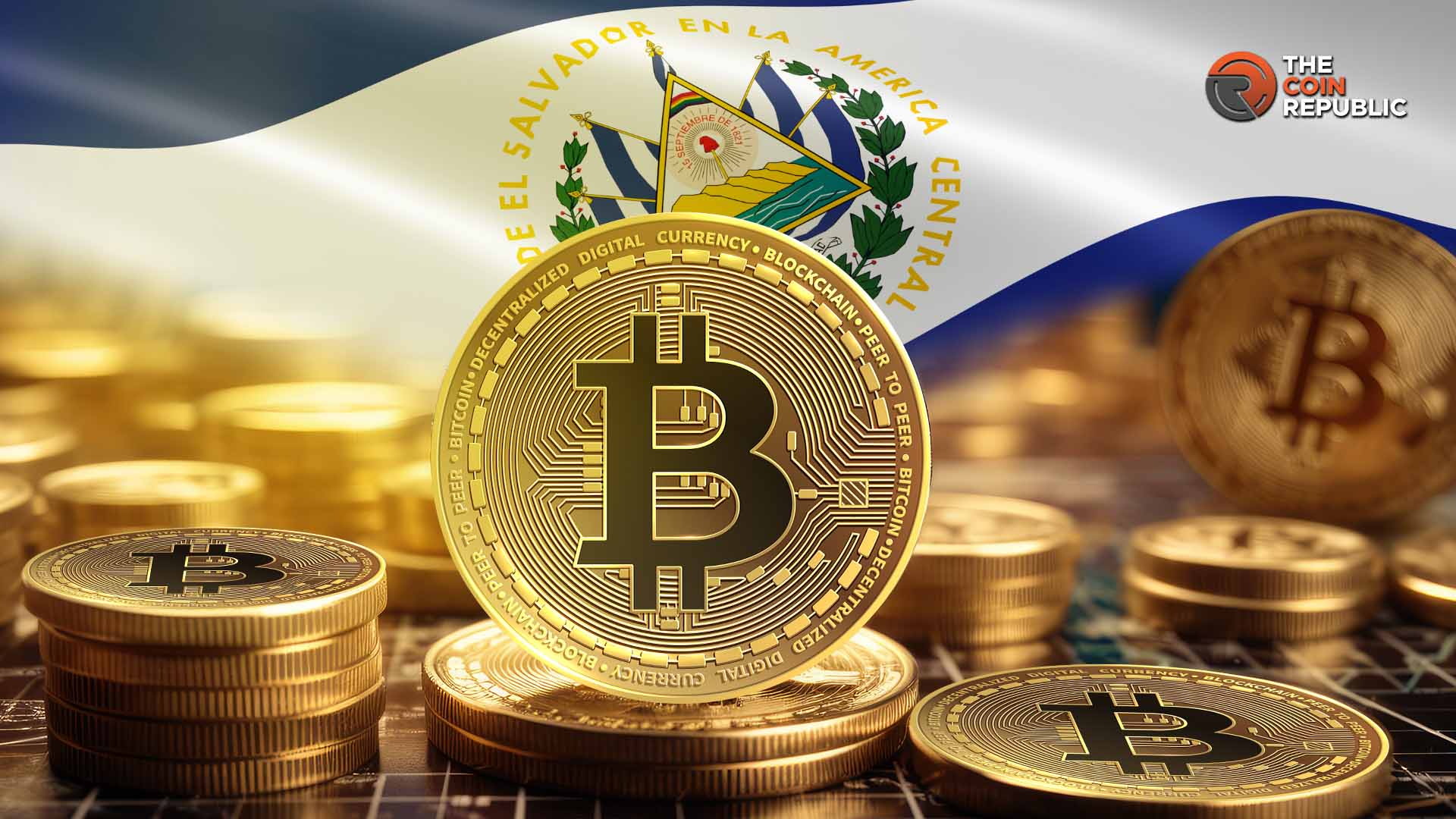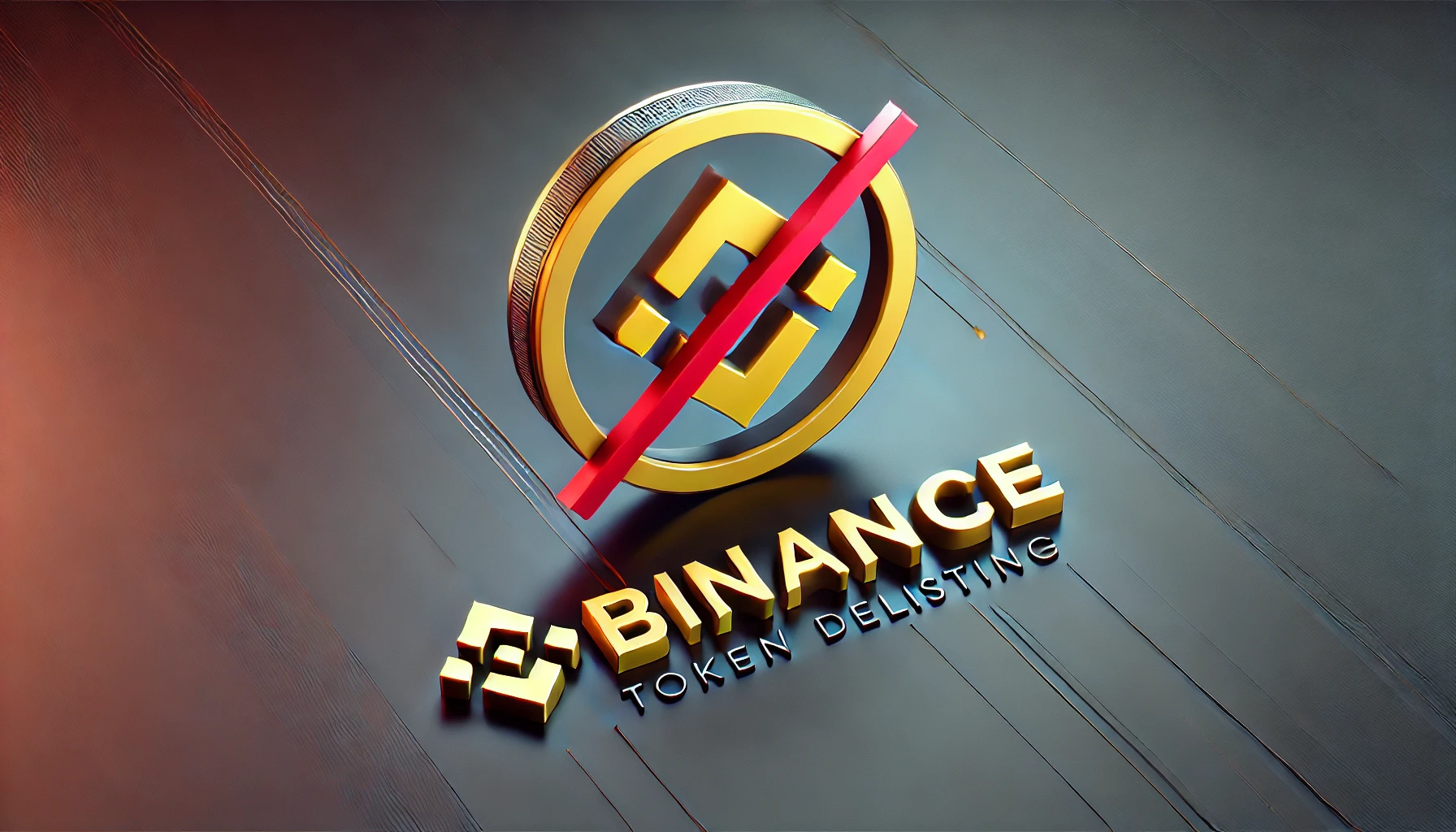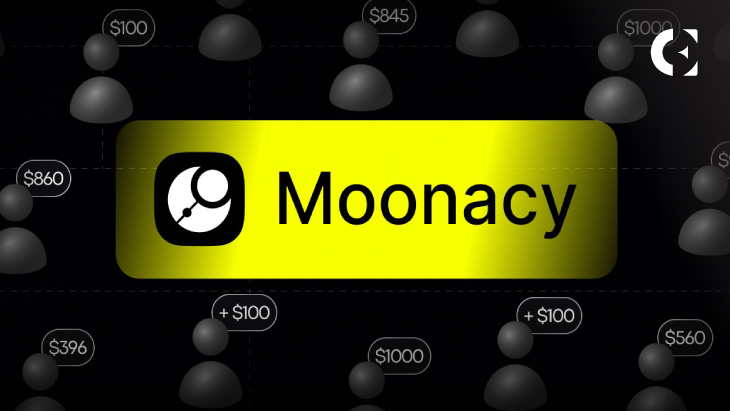El Salvador reiterated its commitment to bitcoin despite conditions of the IMF loan agreement of $1.4 billion. Despite scaling back some Bitcoin related policies to conform with the terms of the loan, the Salvadoran government. The govt led by President Nayib Bukele, still intends to purchase more Bitcoin for its strategic reserves.
Data shows that El Salvador’s Bitcoin holdings are currently valued at $603.34 million. It has increased by 117.74% since the beginning of the year.
IMF Loan Secured Amid Adjustments to Bitcoin Policies
El Salvador finalized a $1.4bn loan deal with the IMF. This deal was under its Extended Fund Facility to provide funding for its reform agenda. The country is required to follow fiscal consolidation measures. As public sector involvement in Bitcoin related activities is also being scaled back. El Salvador has committed to selling its government supported Chivo wallet. This was chiefly designed to allow seamless Bitcoin transactions in the country.
However, Bitcoin is still legal tender in El Salvador. Private sector usage of Bitcoin will continue on a voluntary basis. These measures would improve fiscal sustainability, governance and transparency and help mitigate risks linked to cryptocurrency adoption, the officials underlined. The Salvadoran government has been clear that it remains committed to Bitcoin for the future of its financial strategy.
Although the Chivo wallet will no longer be active, the director of the National Bitcoin Office, Stacey Herbert, explained that the government will continue to buy Bitcoin at a faster rate. As a part of a long term financial plan, El Salvador is looking to build massive Bitcoin reserves.
🇸🇻EL SALVADOR SECURES $3.5 FUNDING DEAL
➡️Bitcoin remains legal tender
➡️El Salvador will continue buying bitcoin (at possibly an accelerated pace) for its Strategic Bitcoin Reserve
➡️Bitcoin capital markets will continue to be built; for example, the recent tokenized issuance…— Stacy Herbert 🇸🇻🚀 (@stacyherbert) December 19, 2024
El Salvador Accelerates Bitcoin Accumulation and Education Efforts
In line with its commitment to Bitcoin, the Salvadoran government has pledged to continue accumulating the cryptocurrency at an accelerated pace. El Salvador’s Bitcoin reserves, were initially purchased for $269.74 million. These are now worth $603.34 million, generating $333.59 million in profits. This increase has been driven by Bitcoin’s recent surge past $100,000. It highlighted the country’s bet on the cryptocurrency as a valuable asset.
– Advertisement –
At the same time, El Salvador is expanding its Bitcoin education initiatives to support the cryptocurrency’s adoption and integration into its economy. The government has developed “Little HODLer” workbooks for 2 and 3 grade students, aiming to teach financial literacy and Bitcoin fundamentals at an early age. Additionally, the CUBO+ program continues to train elite Bitcoin and Lightning Network developers, with more than 20 students set to graduate in January 2025.
Nationwide programs like Mi Primer Bitcoin and Node Nation are being taught in high schools, ensuring younger generations are equipped to engage with Bitcoin and blockchain technology. Meanwhile, ESIAP is certifying 80,000 civil servants in Bitcoin knowledge, further embedding the cryptocurrency into the country’s governance framework.
Building Bitcoin Capital Markets and Attracting Investment
El Salvador’s efforts to integrate Bitcoin extend beyond education and reserves, with the government also working to build Bitcoin capital markets. For example, the recent tokenized issuance of U.S.
Treasury bonds on the Liquid Network via NexBridgeSV demonstrates how blockchain technology can enhance traditional financial systems. The National Bitcoin Office plans to announce additional capital market initiatives soon, showcasing the potential of Bitcoin as a tool for financial innovation.
Herbert confirmed that the government is actively attracting international investors and developing comprehensive Bitcoin policies to foster economic growth. These efforts are part of a broader roadmap designed to position El Salvador as a global leader in Bitcoin adoption and blockchain innovation.
With Bitcoin at its disposal, the government seeks to establish a secure, efficient financial system that caters to the domestic and international audiences.










